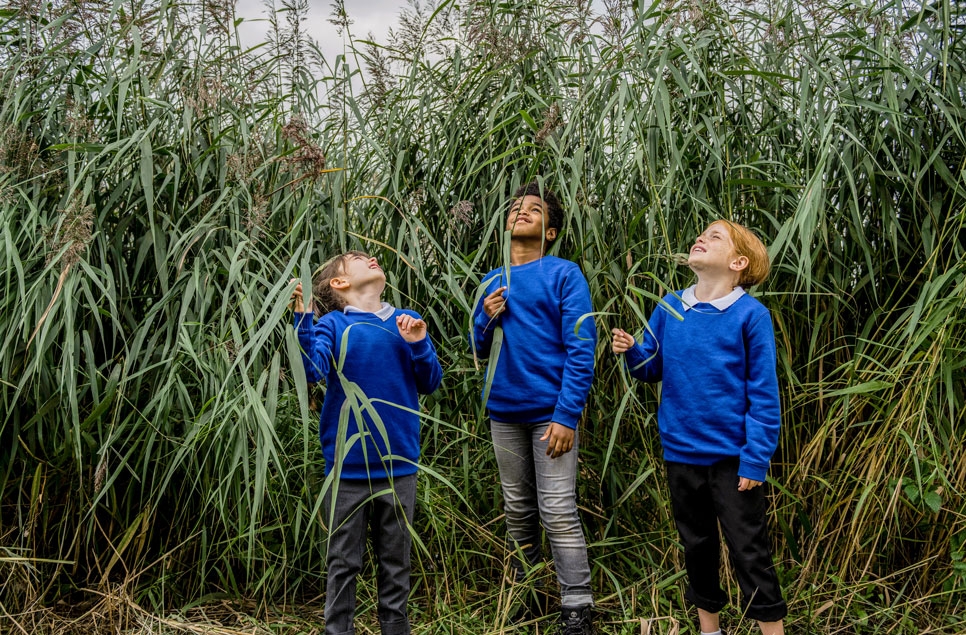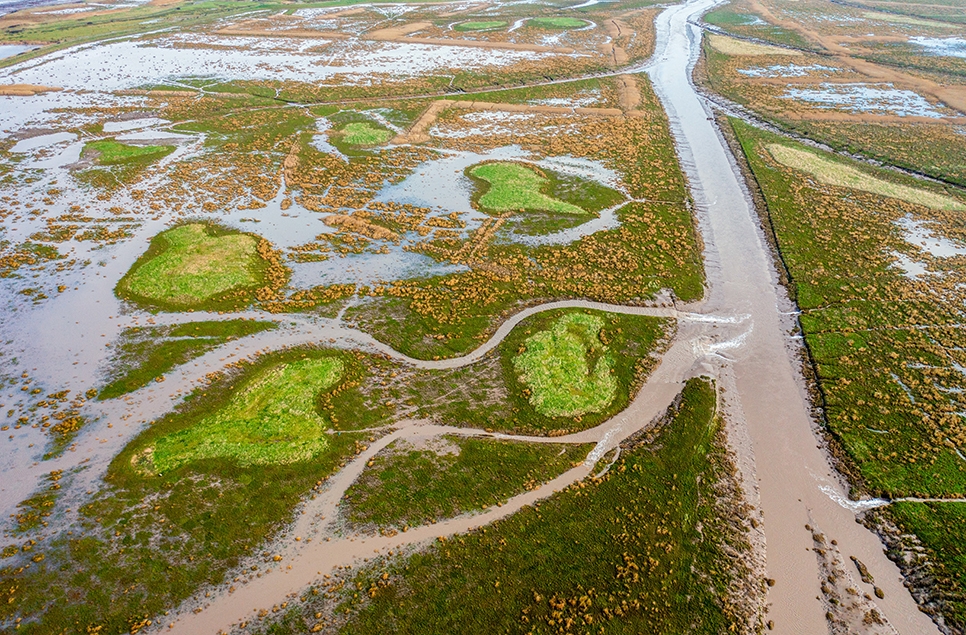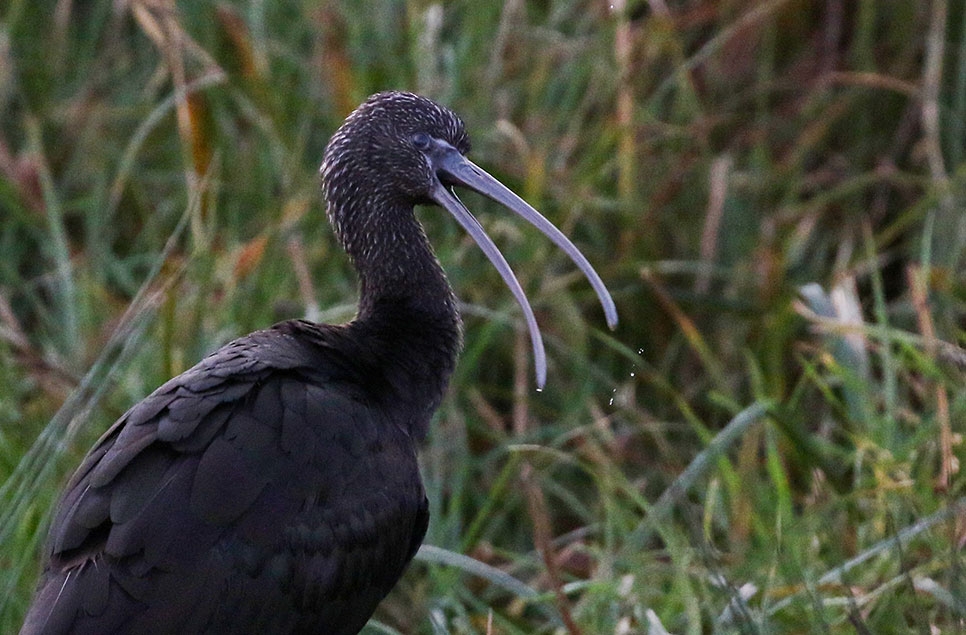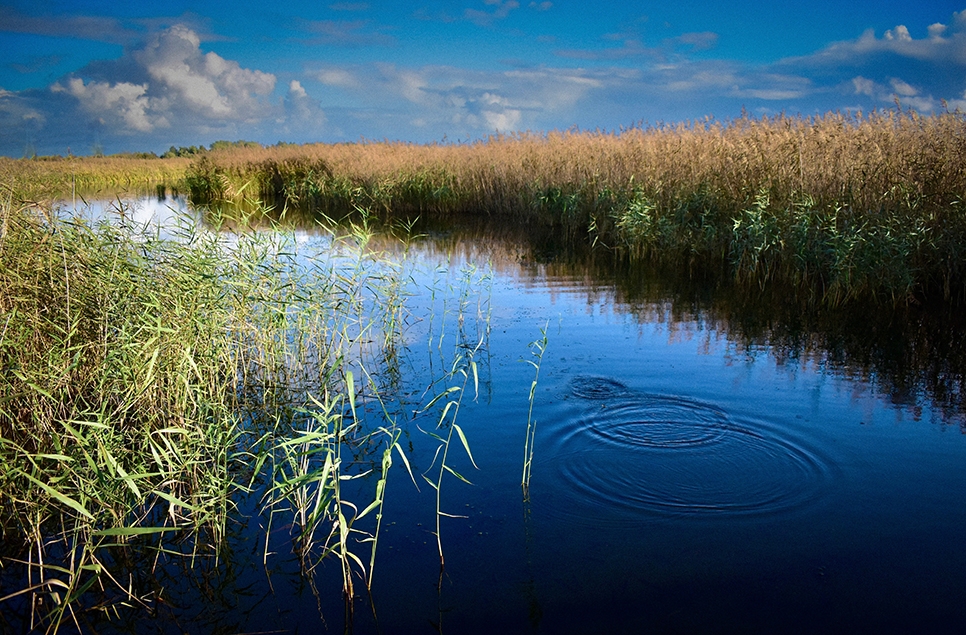How nature can benefit your mental health, and why we need it now more than ever
Today, we live in a society where record levels of stress, anxiety and depression are being diagnosed. Mental health awareness is improving, but Mind reports that people are finding it harder to cope with these disorders and so incidents of self-harm and suicide are on the rise.
It is vital that we find new ways to support our mental and physical wellness. Increasingly, research points towards our natural world being key.
The link between nature and mental health
Last year, to make sense of the findings so far, DEFRA commissioned the University of Exeter Medical School to examine the results of lots of individual research projects. The report concluded:
There is strong and consistent evidence for mental health and well being benefits arising from exposure to natural environments, including reductions in psychological stress, fatigue, anxiety and depression.
It also reported the link between natural experiences and favourable heart rate, blood pressure, vitamin D and cortisol levels (a stress hormone).
The report found that socioeconomic inequality in mental wellbeing was narrower among those who had regular access to green spaces. This highlights the importance of green and blue spaces within our cities.
So what are WWT doing to support health and wellbeing?
Wetlands are special: we have a natural affinity and desire to be by water whether for relaxation, inspiration or contemplation.
Social prescribingWe’re working with local health care providers and academics to lay the foundations for a ‘social prescribing’ scheme as part of a natural health service. This is the idea that instead of a clinical prescription, a patient could be prescribed spending time in nature or volunteering.
According to Natural England, the use of nature-based health solutions could reduce outpatient admissions by a fifth, save time for GPs, and achieve significant cost savings. It found a return on investment of £3.12 for every pound invested in nature-based healthcare. Overall, by harnessing the restorative power of nature, billions of pounds could be saved each year for the NHS, as well as improving quality of life and health for patients.
In our response to the Government’s 25 Year Environment Plan, WWT campaigned for the government to publish a template for local authorities to increase consistency across all of the UK. If adopted, this could help give GPs more structure and guidance on how to work with Third Sector organisations to deliver social prescribing.
At our Wetland CentresWWT have been exploring nature’s relationship with mental health for some time. Ged Cassell ran a taster 'blue prescriptions' session at WWT Slimbridge for people facing mental health challenges.
The aim was to get their feedback and explore how WWT and other organisations can help people undergoing treatment for mental health issues. Ged says:
They were eager to tell us how much better they feel after a visit to Slimbridge, where they can be surrounded by beautiful plants and animals, and where the only sounds are the calls of birds and the bubbling of a stream.

WWT Senior Ecosystem Health Officer, Dr. Jonathan Reeves, is working on some exciting research in partnership with HSBC and Imperial College, London, exploring physical and self-reported experiences of being by wetlands as compared with urban and green settings. We will be able to share more on the findings in 2019.
Wetlands for communitiesAs part of WWT’s work restoring and conserving wetlands, we’re working on a number of community projects in both urban and rural areas, such as the new wetlands at Enfield.
Public Health England says that the design of our neighbourhoods can influence physical activity levels, travel patterns and social connectivity as well as mental and physical health and wellbeing outcomes. It is therefore essential that WWT continues to develop these urban community projects in the UK and further afield.
More details of programmes at your nearest centre are regularly updated online.



